19,000 Killed, Countless Suffering Life-Changing Injuries in Middle Belt Region – Report
• Religious tensions to escalate in the run-up to the 2023 election
- We heard detailed accounts of the deliberate targeting and slaughter of many children, a 98-year-old woman burned alive and people hacked by machetes as they ran from rapid gunfire.
- In addition to mass attacks, kidnappings for ransom have become rampant in the Middle Belt, as elsewhere in Nigeria, and appear to have an ethno-religious dimension
• Targeted villages receive little-to-no military or police protection from these attacks; security forces usually arrive on the scene after the attack has ended.
• Perpetrators of these attacks are rarely, if ever, brought to justice
By Ralph Madugu
A recent report released by the Humanitarian Aid Relief Trust in collaboration with the International Organization for Peace Building and Social Justice and the Christian Solidarity International, has shown that more than 19,000 people have been killed with numerous others suffering life-changing injuries due to serial attacks by suspected Fulani militia in the Middle Belt region of Nigeria since 2009.
The 35- page report titled, “Breaking Point in Central Nigeria? Terror sand Mass Displacement in The Middle Belt,” which contained graphic materials also showcased findings by the organizations including ruins of homes, farmland, food stores, churches, pastors’ homes and an orphanage, all attacked by Fulani militia in the past seven months.
On “key findings,” the report said: “We heard detailed accounts of the deliberate targeting and slaughter of many children, a 98-year-old woman burned alive and people hacked by machetes as they ran from rapid gunfire.
“The cache of weapons employed by Fulani militia includes automatic weapons, laser sights, machetes, petrol bombs and incendiary chemicals used to burn houses.

“Fulani militia encroach upon and sometimes occupy villages. They assert their right to the land by re-naming the villages and threatening anyone who seeks to return.
“In addition to mass attacks, kidnappings for ransom have become rampant in the Middle Belt, as elsewhere in Nigeria, and appear to have an ethno-religious dimension.
“Targeted villages receive little-to-no military or police protection from these attacks; security forces usually arrive on the scene after the attack has ended.”
The report stated that it found out that perpetrators of these attacks were “rarely, if ever, brought to justice.”
According to the report, displaced people in the region were forced to rely on aid from under-resourced local churches, small non-governmental organizations (NGOs), or the generosity of their extended family.
Describing the security situation in the region as “highly volatile,” as “disparate groups of Christian and nonreligious vigilantes begin to undertake reprisals against Muslims.”
While urging the Nigerian authorities to end “impunity by ensuring that complaints related to human rights violations are promptly, independently and impartially investigated, and those responsible are held to account after fair trials,” the report maintained that there was an urgent need for the government to enforce the rule of law to protect all its citizens.
“Following an attack by Fulani militia in central Nigeria, it must not be left to local vigilantes to take matters in their own hands.
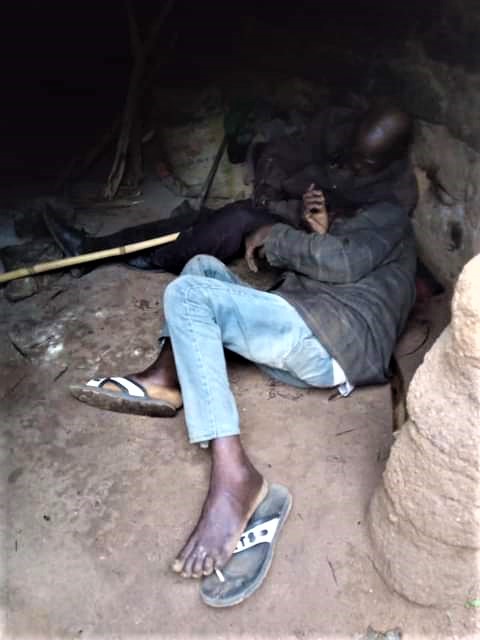
“Where Nigerian military forces are overstretched, and where it is appropriate to do so, the police should be mobilised to carry some of the burden of protection of civilians.”
Predicting increased communal tensions in the build-up to the 2023 election, the report advised the government to provide additional and adequate security for vulnerable communities and displacement camps, including farms and villages in the region at the risk of Fulani militia attacks.
“Nigerian authorities must cease persecuting journalists and whistleblowers who draw attention to their failures.
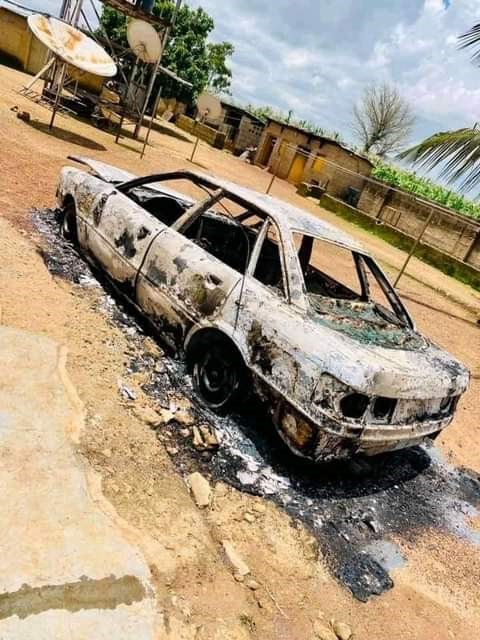
“The US Department of State should reverse its decision to remove Nigeria from its list of ‘Countries of Particular Concern’ regarding religious freedom.
“As part of its ongoing geographical footprint review, the UK Government must ensure immediate humanitarian assistance for displaced people in the Middle Belt, in addition to aid provided to the northeast and northwest.”
While calling on European Union member states and the United Nations aid agencies to allocate more resources to the Middle Belt, a region suffering a crisis of displacement at least as intense as that in the northeast and northwest, the report called on the United States and UK Governments to use their seats at the UN Security Council to seek a resolution that “significantly enhances the security given to communities in central Nigeria at risk of attack.”
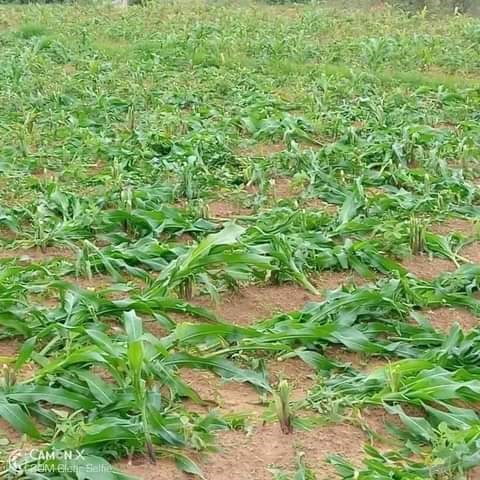
The report read in part: “Signatories to the 1948 Convention on the Prevention and Punishment of the Crime of Genocide must fulfil their obligation to prevent and to punish the crime of genocide in the context of Nigeria’s Middle Belt.
“Stakeholders of the International Criminal Court (ICC), including the UK and Switzerland, should increase financial support to the ICC to ensure a full and thorough completion of the Nigeria investigation.
“International NGOs, religious leaders and reconciliation specialists should consider how to work alongside local communities to provide trauma healing to families suffering the loss of family members and the destruction of their homes and livelihoods, including children who have turned to drugs and who may be vulnerable to radicalisation or trafficking.
“Where it is unsafe for children to go to school, the Nigerian, US and UK Governments should support the roll-out of mobile education vans, such as those piloted by HART, including stipends for displaced teachers. Similar provisions should be made for mobile healthcare units.”
Advocating justice for victims, the report recalled that since the Fulani militia insurgency began in earnest over seven years ago, government has been unable to stop the violence and ensure justice or recompense for victims, including villagers who attempt to return to their farms.
“During our visit, we heard time and again that people who try to reclaim their land cannot withstand the and gunfire from Fulani militia. Perpetrators of these attacks are rarely, if ever, brought to justice by Nigerian authorities.”
Making a case for protection for victims, the report revealed that in the areas of all the attack sites visited, the army presence was visible yet there was consistent cry that soldiers arrived only after the attack was completed even when the villagers called for help during attacks.
On international response, the report said: “Regrettably, neither the Nigerian Government, nor the US or UK Government, nor any member of the European Union or African Union, nor UN relief agencies operating in Nigeria, have provided adequate humanitarian assistance to displaced people in the Middle Belt. Nor is there much sign of international engagement to bring the attacks in the region to an end. “Despite the scale of killings and displacement since 2009, the UK has not provided humanitarian assistance in Nigeria’s Middle Belt.”
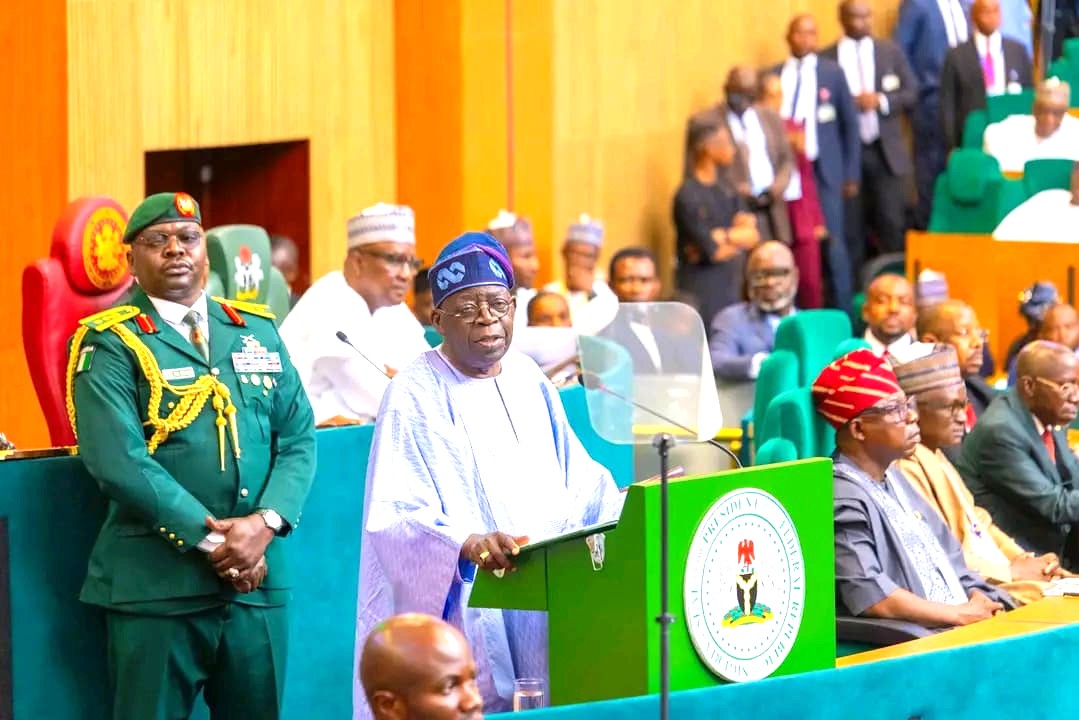
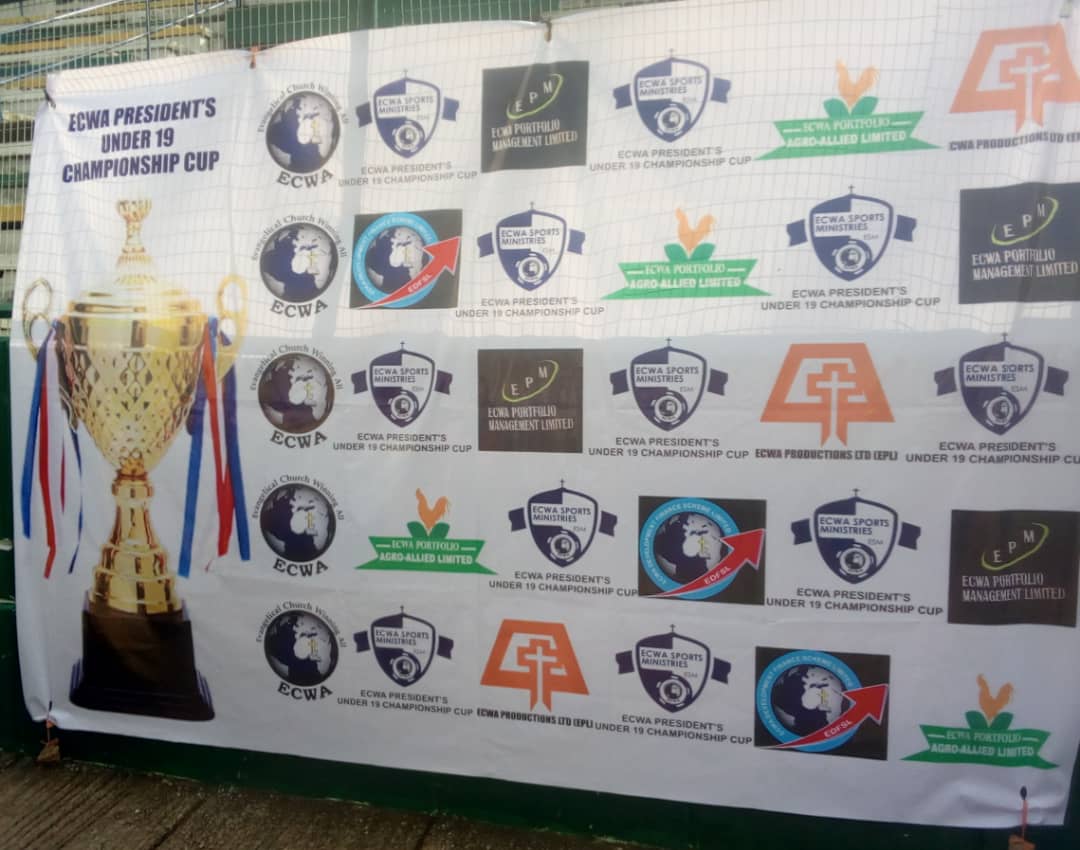
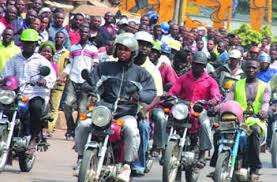
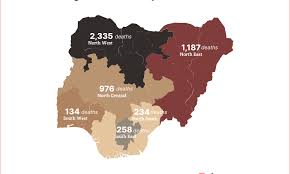

Post Comment